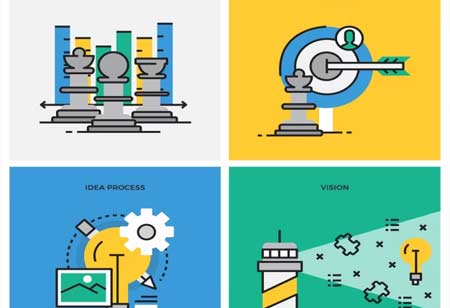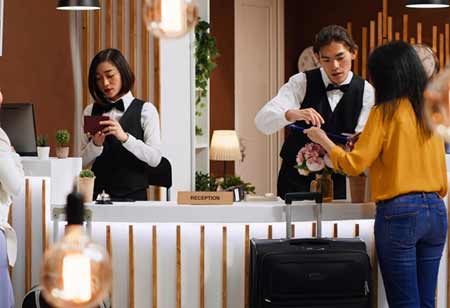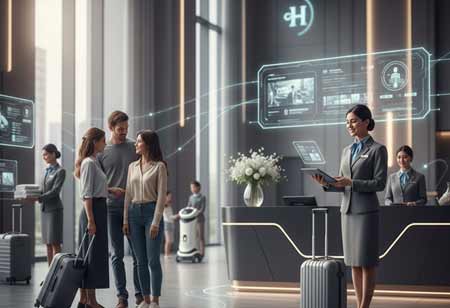Thank you for Subscribing to Hospitality Business Review Weekly Brief
- Home
- Topics
- Automatic Coffee Machines
- Catering and Dining Services
- Hospitality Advisory Services
- Hospitality Construction Services
- Hospitality Consulting Services
- Hospitality Marketing
- Hospitality Procurement
- Hospitality Staffing Services
- Insurance Services
- Travel and Tourism Management
- Vacation Rental Property Management
- Vendor Viewpoint
- News
- CXO Insights
- Conferences
- Newsletter
- Subscribe
- About Us
- CXO Awards
-
Leading Strategies for Innovation in Hospitality Procurement
The adaptability ensures that businesses can navigate uncertainties while continuing to meet operational demands.

By
Hospitality Business Review | Monday, November 24, 2025
Stay ahead of the industry with exclusive feature stories on the top companies, expert insights and the latest news delivered straight to your inbox. Subscribe today.
Fremont, CA: Procurement in the hospitality industry is undergoing rapid transformation, influenced by technological advancements, changing consumer expectations, sustainability challenges, and the drive for cost efficiency. As businesses in the sector navigate an increasingly competitive environment, procurement has become a strategic function that ensures operational efficiency, upholds quality standards, and addresses the needs of various stakeholders. These shifts redefine how hotels, restaurants, and other hospitality venues source goods and services, encouraging innovation and collaboration throughout the supply chain.
Digital procurement platforms and tools powered by AI and ML are transforming traditional purchasing processes. Cloud-based systems allow for centralized procurement operations across multiple locations, ensuring consistency and scalability. Consumer expectations are reshaping procurement practices. Modern consumers prioritize personalized experiences, high-quality offerings, and sustainability, requiring hospitality businesses to adapt their sourcing strategies accordingly. Meeting these expectations enhances guest satisfaction and strengthens brand loyalty in a competitive market.
Sustainability has emerged as a cornerstone of procurement in the hospitality industry. It includes sourcing from local suppliers to minimize transportation emissions, selecting energy-efficient equipment, and choosing biodegradable or recyclable packaging. Hospitality organizations collaborate with suppliers who adhere to sustainable practices, such as ethical labor standards and resource conservation. By integrating sustainability into procurement, businesses contribute to global environmental goals and appeal to eco-conscious travelers who value responsible hospitality.
Cost efficiency remains a critical driver of procurement decisions in hospitality. Rising operational costs and the industry's vulnerability to economic fluctuations necessitate a strategic approach to spending. Procurement teams are now prioritizing risk management by diversifying supplier bases, adopting just-in-time inventory strategies, and maintaining contingency plans. Geopolitical factors, trade policies, and transportation challenges have underscored the need for robust supplier relationships and flexible sourcing arrangements.
Collaboration and relationship management are becoming central to successful procurement in hospitality, and building strong partnerships with suppliers fosters trust, innovation, and mutual growth. Long-term supplier relationships enable businesses to negotiate better terms, access exclusive products, and ensure consistent quality. Open communication and transparency enhance collaboration, allowing both parties to align their goals and address challenges effectively. The approach creates a more resilient and efficient supply chain capable of supporting the dynamic needs of the hospitality industry.
The changing dynamics of procurement in hospitality reflect the industry's response to technological advancements, evolving consumer expectations, sustainability priorities, cost pressures, and global supply chain challenges. As procurement transitions from a transactional function to a strategic pillar, businesses must adopt innovative practices, foster supplier partnerships, and embrace sustainable sourcing to thrive in an increasingly complex environment.







